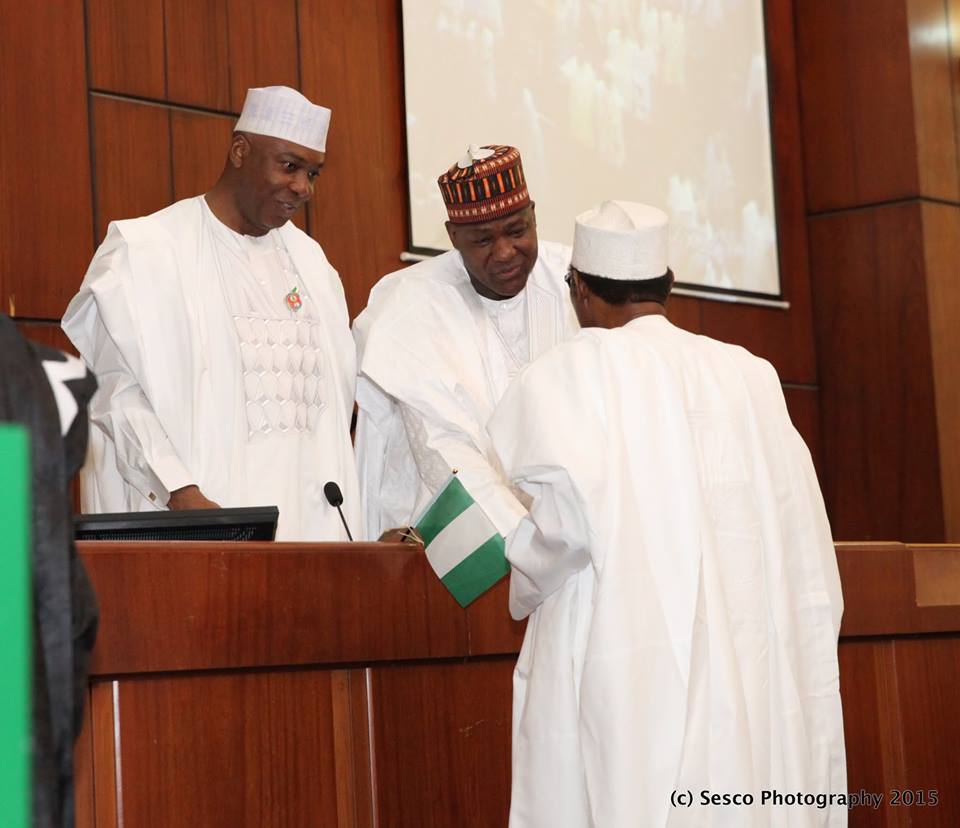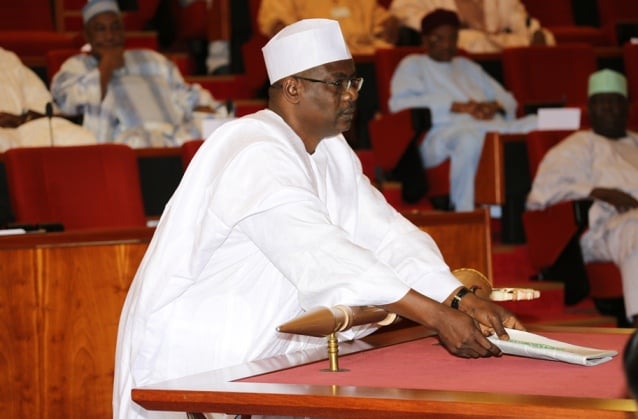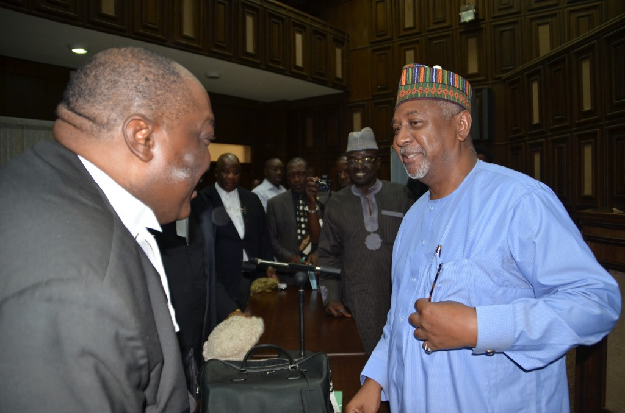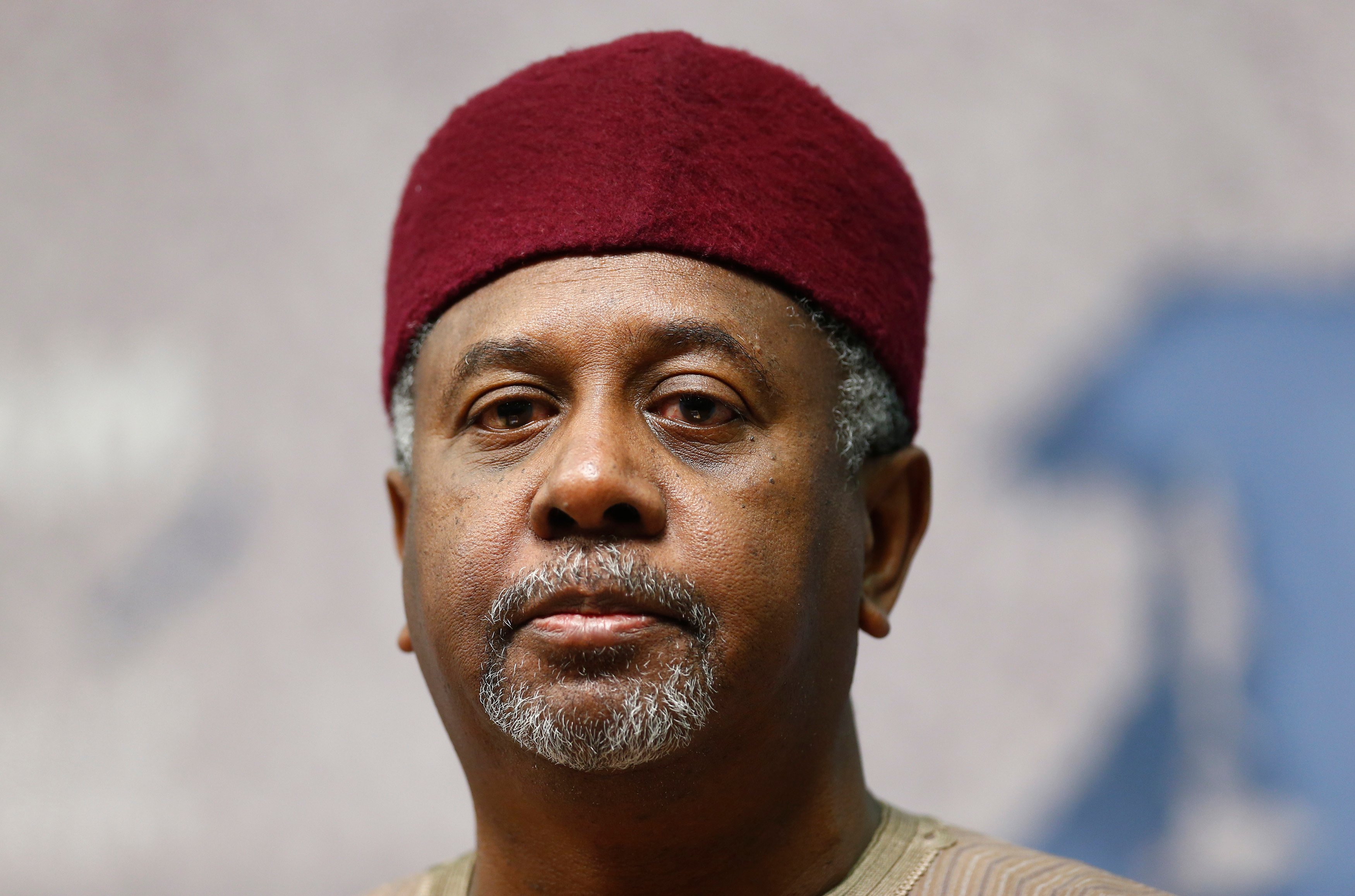Atish Ghosh, assistant director and chief, systemic issues division of the International Monetary Fund (IMF) research department, has lent his voice to the unorthodox thinking supporting capital controls.
In an IMF working paper co-authored by the director and Mahvash Qureshi, a senior economist in the research department of the IMF, the duo said capital controls “appear to have an undeservedly bad name”.
Capital controls are imposed by countries to restrict flows from capital markets into and out of the country’s capital account, usually to protect the domestic financial market.
The Central Bank of Nigeria (CBN) has introduced a lot of these measures in the face of dwindling oil revenue and falling reserves.
Advertisement
The working paper, titled What’s in a name? That which we call capital controls, outlines the history of capital controls, showing that major economies now against the idea once employed it to gain stability.
“Capital controls—both on inflows and on outflows—have a very long history, with restrictions on the import and export of currency dating back to ancient times,” the paper reads.
“Even during the late nineteenth century, often considered the golden era of financial globalization, the leading capital exporters of the day (Britain, France, and Germany) at times restricted issuances on their markets.”
Advertisement
The duo said advanced countries who installed those restrictions to avoid foreigners from dominating their economies, later removed the capital restrictions to become global financial centres.
“The desire on the part of the United States and the United Kingdom to be global financial centers, and that of European countries for greater regional integration, implied that barriers to capital movements had to be removed.”
The researchers established that capital control, using exchange rate controls, have been “typically associated with autocratic regimes, financial repression, and financial crises”.
The IMF has declared the Nigerian restrictions as bad, adding that Nigeria needs a “sensible forex policy”.
Advertisement
This emerging debate from this IMF policy paper advocates for capital controls to not be totally labelled as bad without weighing its cost and benefit against other options.
“Inflow controls thus appear to have an undeservedly bad name. While they are not a flawless instrument to manage the macroeconomic and financial-stability risks associated with capital inflows, there is no reason to believe that they are inherently worse or costlier than any other policy measure,” they wrote.
“The debate on using inflow controls to tame the risks associated with fickle capital flows should not be cast as all-or-nothing—rather their pros and cons need to be assessed in light of the particular circumstances facing the country, and weighed against the availability, and costs and benefits of other policy tools.
“Otherwise, like all prejudices, those against inflow controls may result in inefficient choices and suboptimal outcomes.”
Advertisement
Add a comment







